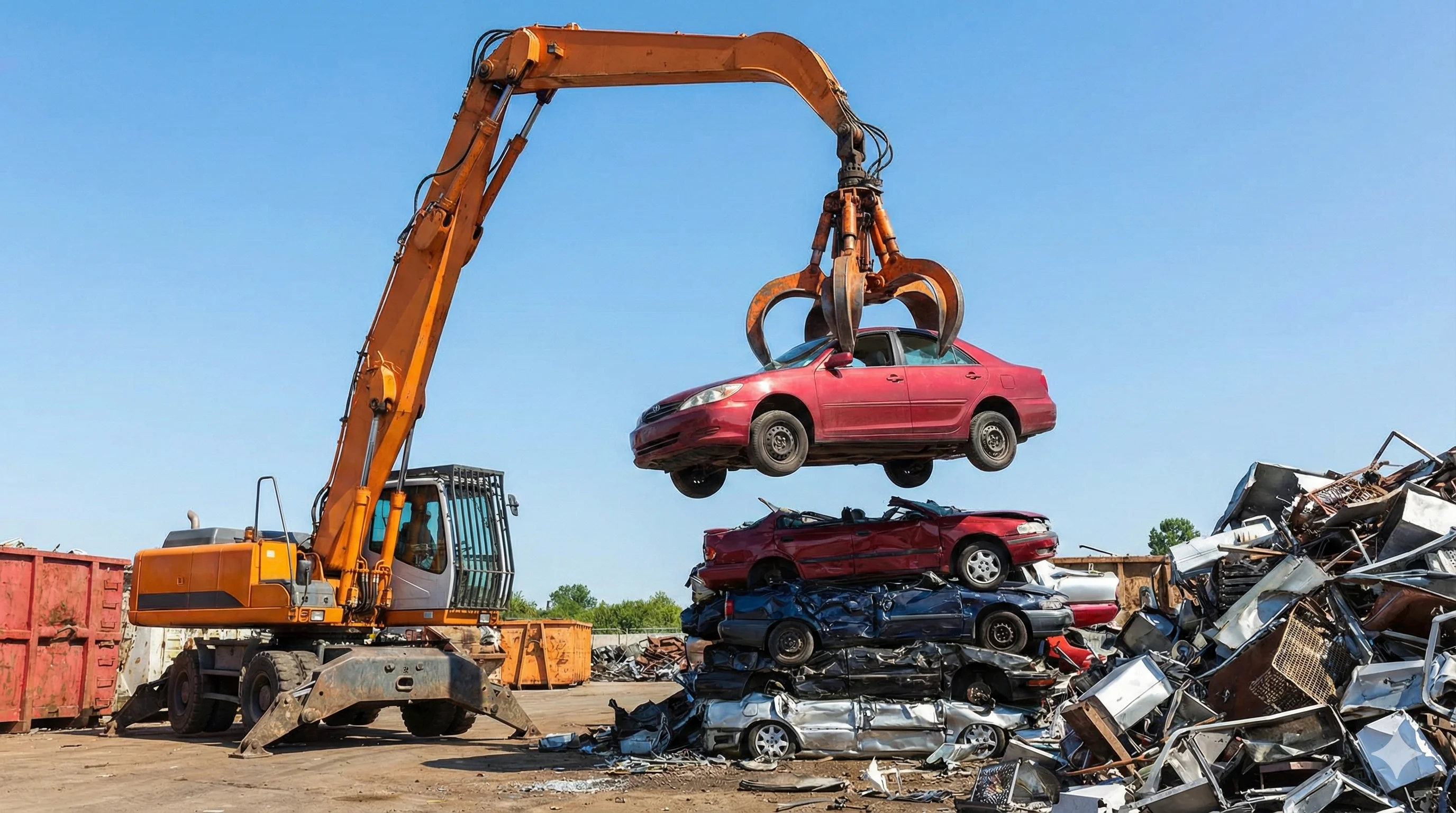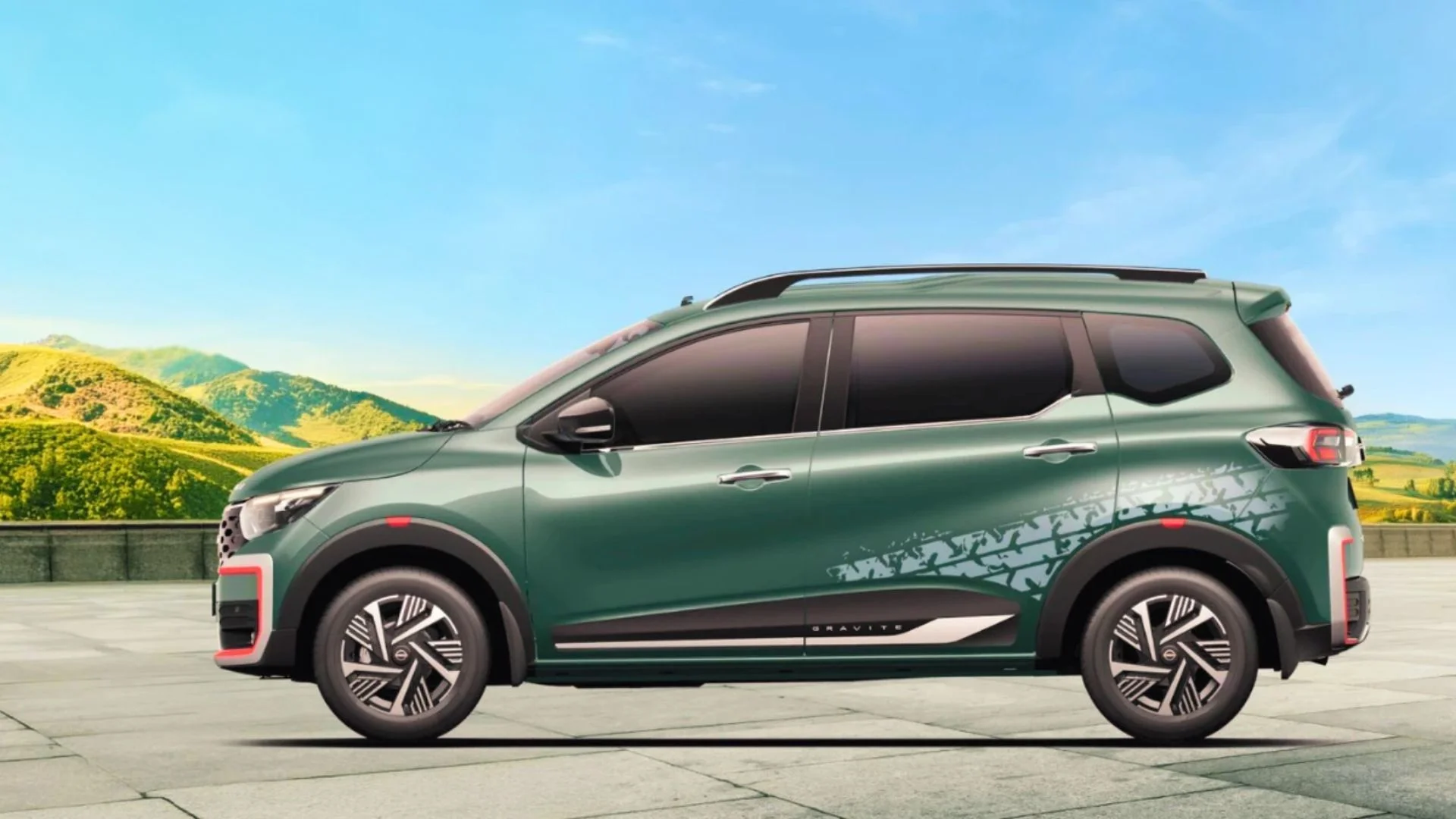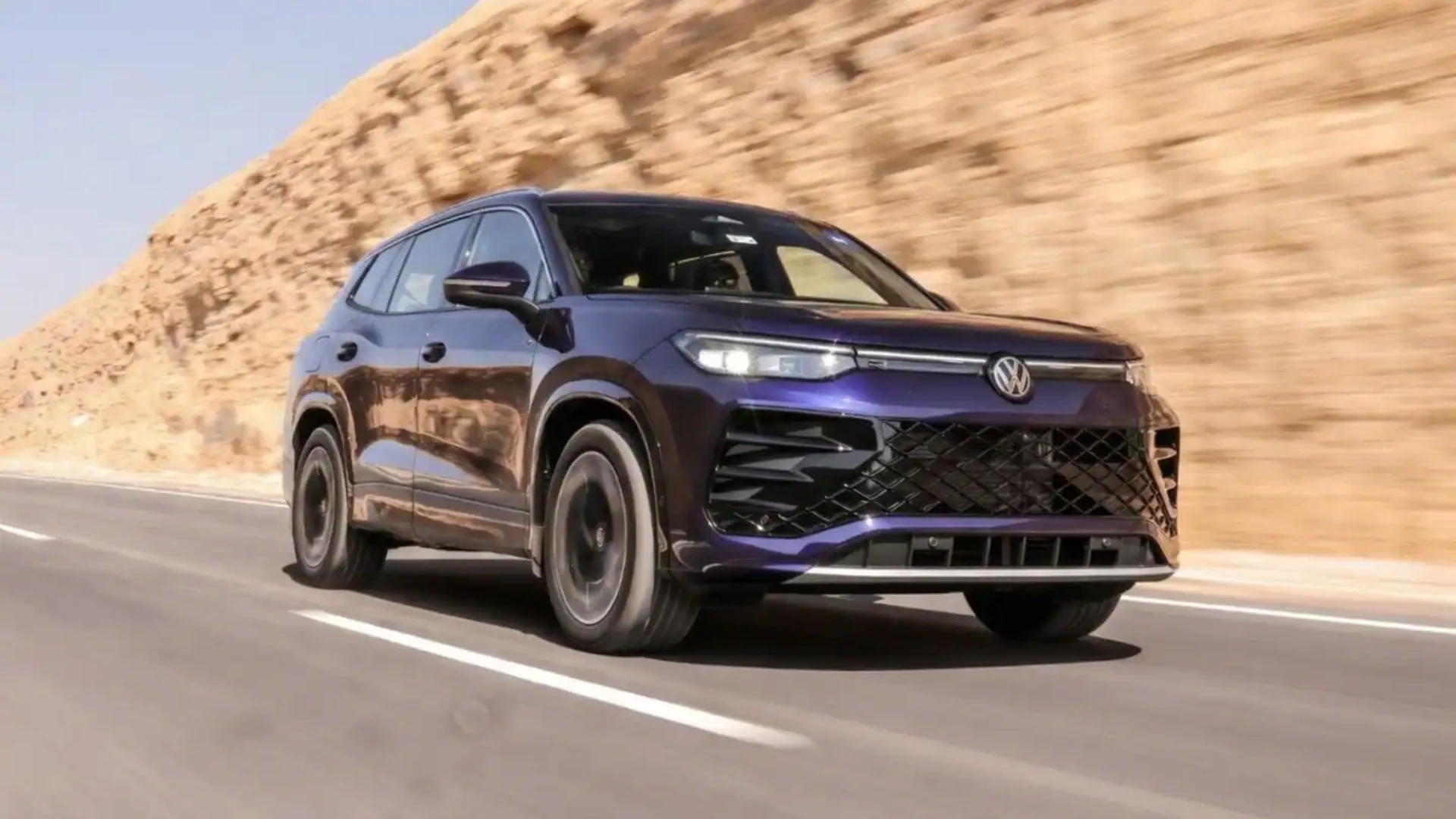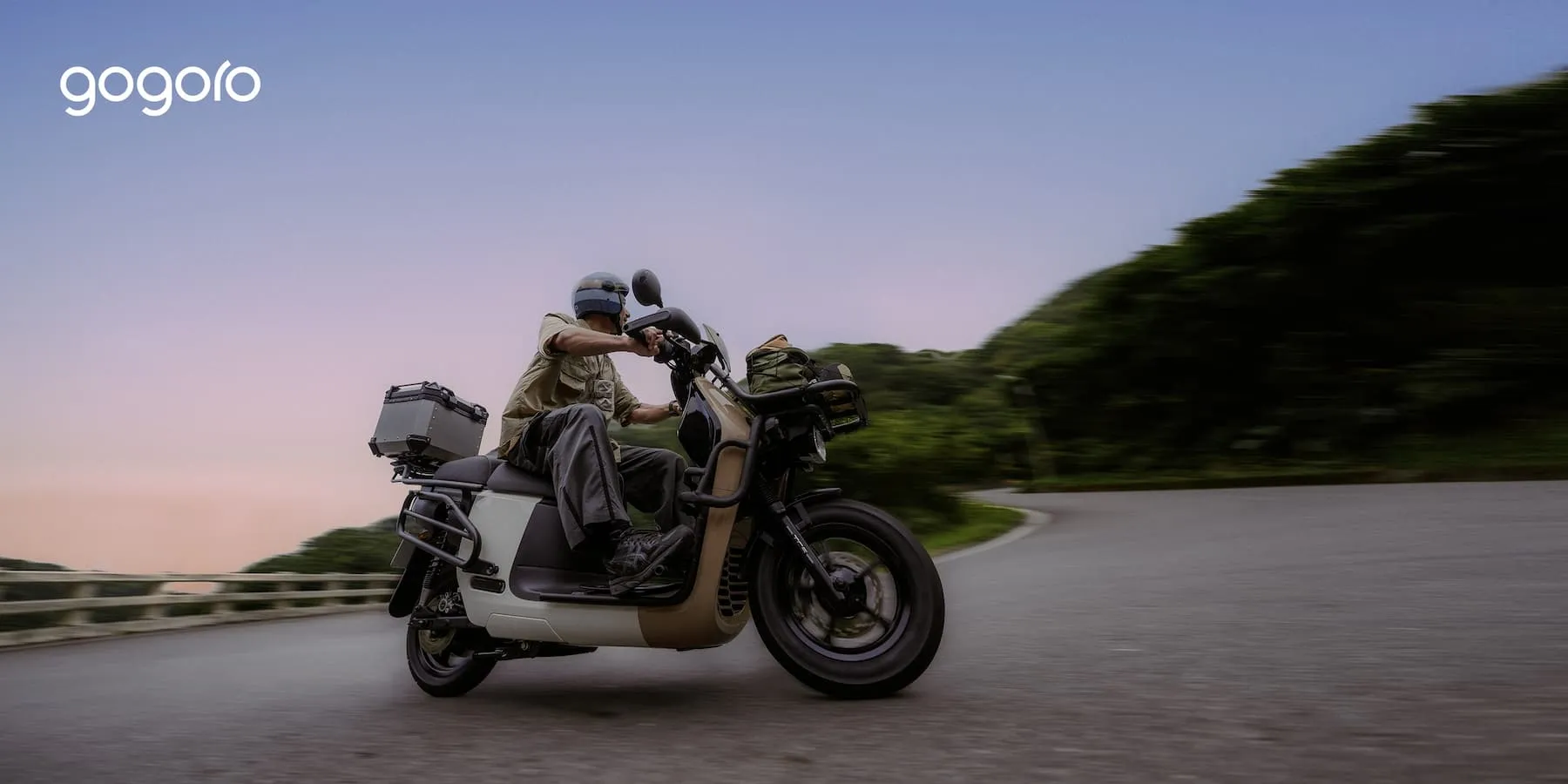
Table of Content
▼Taiwan-based electric vehicle (EV) firm Gogoro has launched the Crossover electric scooter in India, and it is available in three variants – the B2B-focused GX250, along with the more consumer-focused Crossover 50 and Crossover S. While the GX250 can be ordered immediately. The rest of the range will only go on sale by mid-2024. The company has already started manufacturing the scooter at the company's plant in Aurangabad, Maharashtra, and deliveries will begin soon, in the next two weeks. In addition, Gogoro also announced the opening of its battery-swapping network soon, which will enable owners to swap out drained battery packs for fully charged ones.
On the cosmetic front, the crossover has a design that is more utilitarian. It features a quirky-looking extended LED headlamp with a shroud that, with the help of mounting points, also doubles up as a load-bearing element. In addition, the scooter also a twin-seat setup, with a removable pillion seat that can be converted into an area for mounting cargo. The flat floorboard is also said to comfortably accommodate suitcases and other heavy items. Built on a modified tubular steel frame, the crossover has a payload capacity of 200 kg and a ground clearance of 176 mm. Other visual elements include an alloy front wheel and a horizontal taillight.
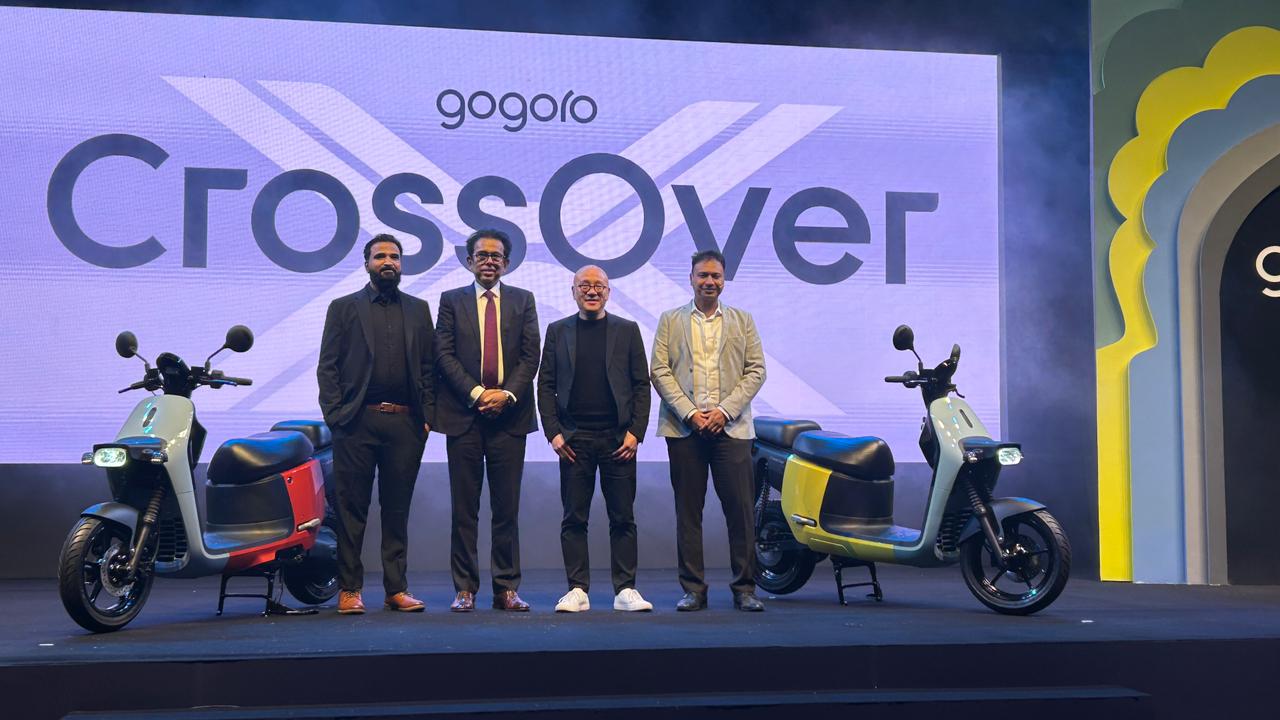
In terms of cycle parts, the scooter is suspended by a telescopic fork up front and a twin shock setup at the rear. Braking duties are handled by a disc brake setup on both ends. The electric scooter rides on 14-inch wheels.
Coming to the powertrain, the GX250, being the B2B focused scooter, takes the smaller 2.5kW engine out of the range. This helps it reach a top speed of 60 km/h. The Model 50 features a more powerful 5 kW axial motor, while the Model S, equipped with a 6.4 or 7 kW motor, is the most powerful model in the range. All models will be equipped with two interchangeable 1.6 kWh batteries, bringing the combined capacity to 3.2 kWh. While Gogoro claims the GX250 has a range of 111 km, it is yet to reveal exact numbers for the other variants, along with some other details, which will likely be revealed in mid-2024.
The firm has announced that it initially plans to set up 30 battery swapping stations in Delhi by March 2024. Additionally, it will also open stations in Goa and will soon expand to cities like Mumbai and Pune later in 2024.
Also Read: Documents Required to Buy a New Two-wheeler in India
Neha Mehlawat
Neha Mehlawat is an automotive journalist and industry analyst with 10+ years of experience covering cars, bikes, and mobility trends. She tracks the latest launches, technology upgrades, and policy changes in the auto sector, delivering sharp insights that help readers stay ahead in the fast-evolving world of automobiles.
